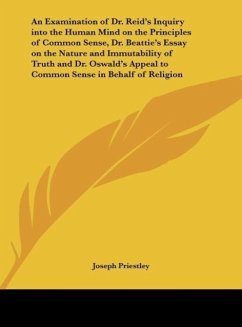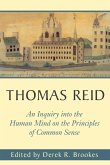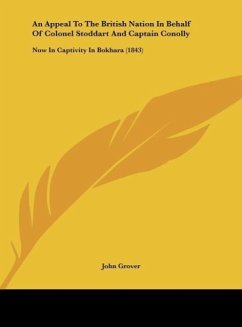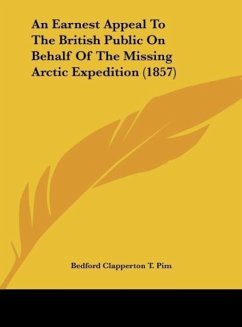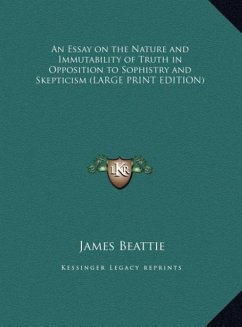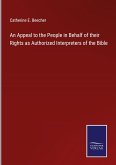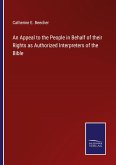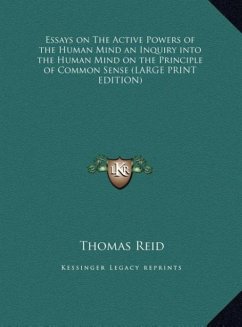1775. This book contains Mr. Priestley's remarks upon the writings of Dr. Reid, Dr. Beattie and Dr. Oswald. Upon reading their treatises, Priestley found many notions on human nature which were the reverse of his previous learning from Mr. Locke and Dr. Hartley. This work contains not merely illustrations and the most important applications of Hartley's theory, but may contribute in some measure to the improvement and extension of it. Due to the age and scarcity of the original we reproduced, some pages may be spotty, faded or difficult to read. Written in Old English.

